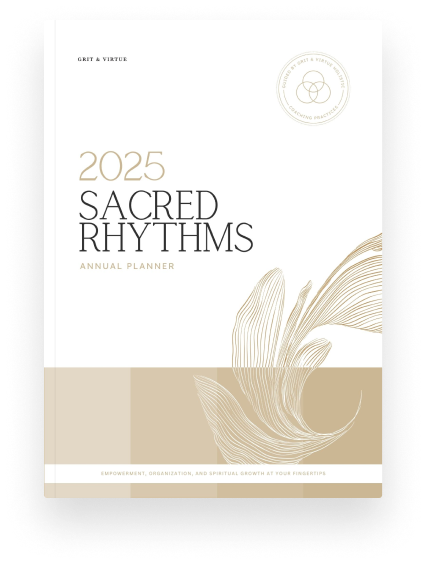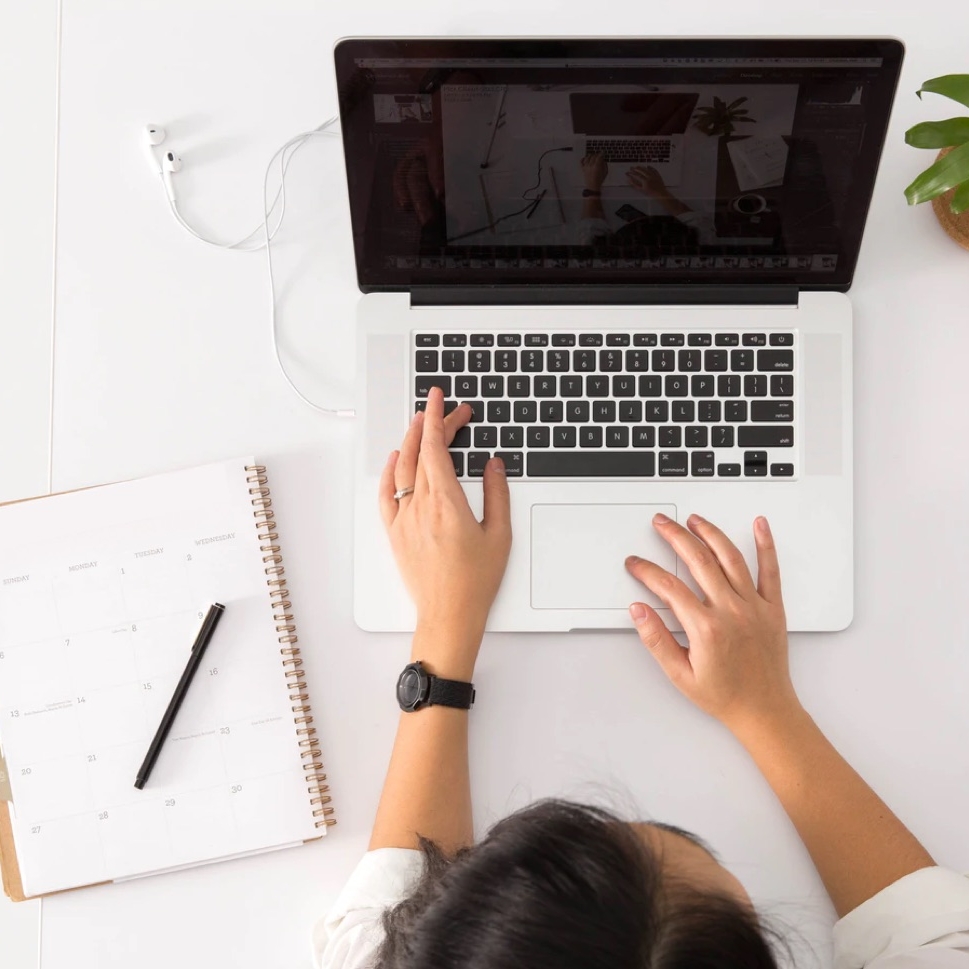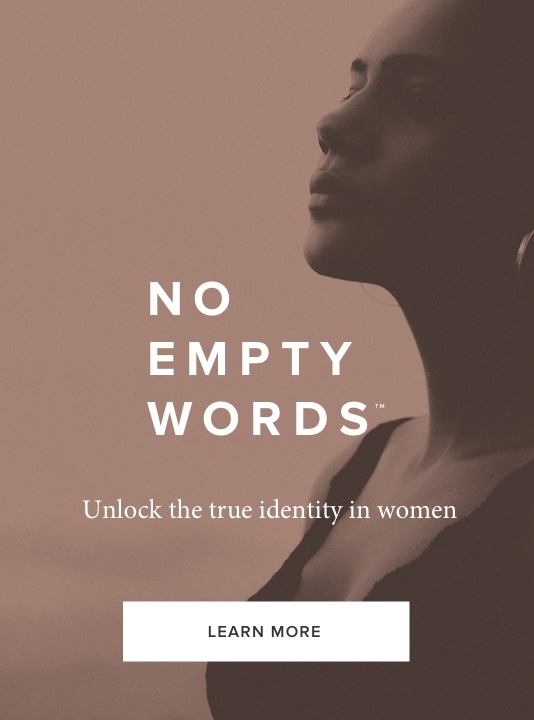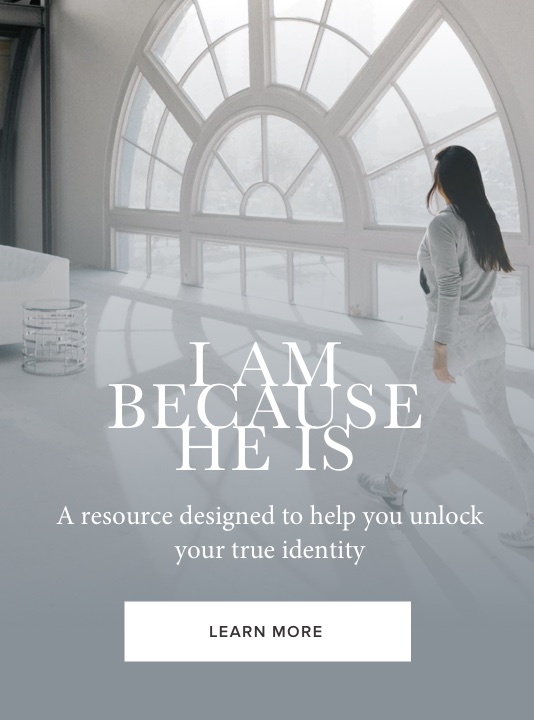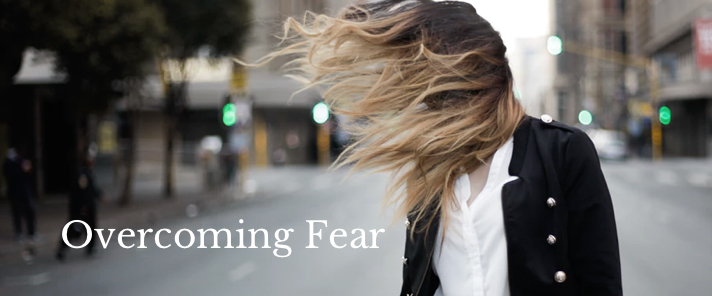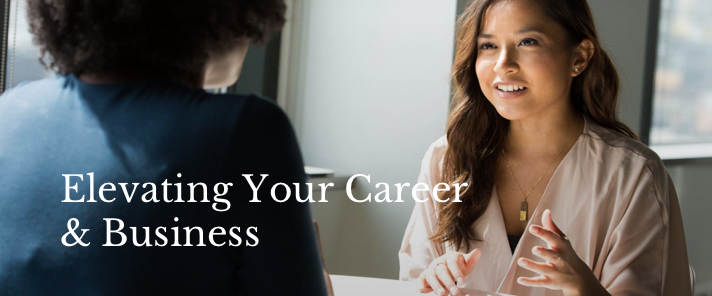A few years ago, I wrote a post titled Confessions of a Recovering Workaholic. In it, I shared how I realized my unhealthy relationship with work and was moving toward recovery. I didn’t (and still don’t) want work to become my life even though that tends to be my default setting. If I follow my own path of least resistance I will work all the time, neglecting myself and those around me. And, the more I speak about this with others, the more I realize that I’m not alone.
Before the pandemic forced many of us to work temporarily from home, I was talking with a friend who absolutely loves her job. With a smile on her face and excitement in her voice, she described to me the ways the company strives to build community and increase productivity. And I appreciated some of their tactics, but then she said something I wasn’t so sure about.
“Almost everyone works from home. In fact, we’re encouraged to work from home. My boss told me the other day, ‘Somedays you just need to work from your bed. It’s good to work from your bed’.”
While my friend was telling me about this, a part of me was a little envious. I could get so much more done if I could just open up my work laptop and knock out some important things from the quiet of my own home, instead of having to contend with the distractions of an office full of people. If I worked from home, I could be more productive, possibly happier, and avoid dreaded traffic — what’s not to love about that?
But then I had to remind myself that setting up boundaries around work is something I have to do, even if it’s inconvenient.
If I’m not monitoring myself, I can make everything I do center around work instead of actually choosing to live life.
This conversation caused me to reexamine my own relationship with work and some of the ramifications of working from home, something many of us may be doing after working from home and now possibly returning to the office.
It’s so easy, especially here in America, to find your identity in what you do. After all, when we’re getting to know someone, one of the first questions we ask each other is “what do you do?” This question is an easy way to learn something a little personal about a person and size them up. But the truth is that we’re so much more than what we do. We are complex, multifaceted, creative, and unique individuals. Our identities are so much more than what our business cards or email signatures say. Who we are isn’t dependent upon how we get a paycheck.
Despite these profound truths that I know deep down, I will still fall into the trap of finding my identity in my work. I will blur the lines between what I do and who I am, and that’s never a good place for me to be. If you’re anything like me, I honor you and empathize with you. Know you are not alone.
If you struggle with workaholism, here are a few things I do to keep myself heading in the right direction instead of falling back into the workaholism trap.
Have Regular Check-ins
We all have our unique tendencies and patterns that we follow as we slip back into these old behaviors, so be sure that you idetntify what your’s are. When we regularly check in with ourselves, we can spot a little more easily when we begin to slip. By choosing to be still and silent more frequently, I can redirect myself more quickly.
Silence and stillness are incredibly uncomfortable, but for a workaholic like me, it can be incredibly valuable.
Find What Works and do More of That
While I don’t like going into the office every day, I have found that the rhythm of getting up, getting dressed, and driving into work is actually helpful for me. Leaving a place at the end of the day helps me to leave my work at work. The drive to and from work is a natural break that my body and mind need.
Some of my coworkers work from home from time to time and can do it with ease, so if you are like them, find the boundaries you need for working from home and stick to them. But any time I am offered the option of working from home, I decline, even if that means staying later than anyone else. Or, if there’s an emergency and I have to work from home, I will go to a coffee shop up the street so that my work and home life remain separate.
I’ve accepted that these boundaries are good for my mental and emotional health, and it’s okay for me to accept and express this.
Set Boundaries in the Open
The boundaries that I’ve set for my work aren’t just things that I know. I have told a few of my friends who will hold me accountable so I don’t burn out. They’ve also seen me when I’m finding my identity in what I do and have permission to call me out when they see me racing toward that mindset. Thankfully, they can see things in me that I can miss myself. I’m immensely grateful for these kind friends who will challenge me when my thinking and behavior need challenging.
Don’t Forget to Give Yourself Grace
Whenever a friend calls me out, even though they do it with immense kindness, I will immediately begin shaming and beating myself up. I will become so frustrated with myself for falling into the same trap again. But that’s not the point of accountability and boundaries. With the help of my very patient community, I am learning to accept the reality of where I’m at and take appropriate steps toward growth.
None of us are perfect, and, thankfully, no one is asking us to be. No matter who you are, your employment status, or your income bracket, you are an incredible individual who is worthy of love, acceptance, and honor. And it’s my hope that you’re able to find that today in yourself and those around you.
Let’s work well and live well today, remembering that the living is more important than the working.
~
Coaching Questions
- What is your relationship with work like? Do you lean toward workaholism?
- What patterns help you to maintain healthy boundaries between work and home? What patterns are unhelpful?
- What boundaries do you need to set, and who will you tell?
Enjoyed it? Share it!
Sarah Callen
Sarah was raised in Tucson, Arizona, but now lives in Dallas, Texas. Currently working a 9 to 5 job, in her spare time she loves to be with friends and do anything creative that her hands find to do. She believes every number has a name, every name has a story, and every story is worthy of being shared.
But wait, there's more...








